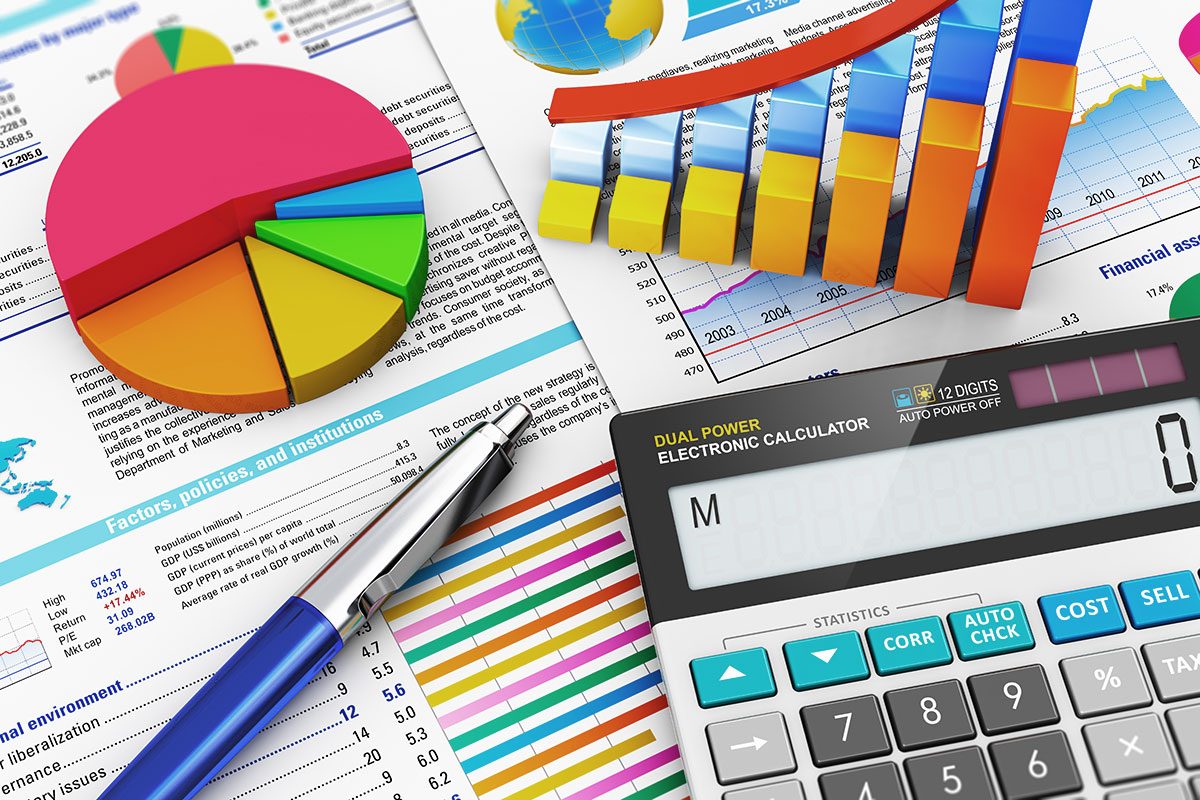
A Pharmacy Bean Counter Spills The Beans
As a pharmacy-specific accountant, Nick Perrett knows his way around a pharmacy’s accounts. Here, he reveals what questions you should ask to make sure you…

budget
/ˈbʌdʒɪt/
noun– an estimate of income and expenditure for a set period of time
We know. Setting a budget for most people is about as thrilling as scraping burnt rice from the bottom of a pan. As a human being, I get it. As a pharmacy specific bookkeeper, I don’t. It amazes me how many pharmacists don’t have budgets. It’s not rocket science and is absolutely essential to your business – to both your understanding of your business and your bottom line. Once written, you will feel that little more in control; taking the reins so you feel more hashtag blessed, less payday stressed.
Your budget is basically your forecast for a rainy day. You can measure it with either the best-case scenario (if I can meet this, I’m kicking goals) or the worst-case scenario (this is the minimum I need to tread water). Personally, I liked to know the minimum I need to hit, with everything on top of that the sound of sweet kicks being punted through the goals. Do your budget well and you should see profits creep up, or at least no profit loss. Do it badly and maybe pharmacy ownership isn’t for you.
There are quite a few types of budgets and you will use different ones depending on your pharmacy size (and how many shops you might own). The budget must-have is your operating budget. Do this, or suffer the wrath of the budgeting gods!
Spreadsheet, assemble! You can use a simple Excel spreadsheet for a basic budget – free and at your fingertips. If you’re looking to upgrade to software, look to processing systems like Xero or MYOB which boast budgeting options. A bookkeeper can also set a budget up for you as well. As a book keeper, I personally find MYOB the more powerful for the tools that we need, however Xero is probably more appropriate for those with one or two businesses as it’s a little more user friendly.
In order to hit your budget goals, it can be incredibly helpful to communicate effectively with your staff in an encouraging way. Getting your employees on board by outlining the budget and how everyone can contribute makes them feel accountable as well as a respected part of a working community.
It’s important to remember that budgets aren’t static things, and should be treated as the fluid creatures they are. This means checking in with your budget regularly; every month or at least every three, to check you’re on track and the assumptions you’ve made have held true.Eventually, you get to realise that a great budget is less science, more art. You’re trying to predict the future but without a Back-to-the-future time machine.The more time you spend at the beginning to hone in on your budget well, the better set up you are in the long run – a short term pain for a long-term profit.
While it’s important to keep a beady eye on your budget, it’s equally as important to not sweat every ebb and flow. I’ve seen clients become a little too obsessed with their budget and if it’s not tracking as planned, they can get quite down. Realise that while fortune favours the prepared, even the best laid budgets can come unstuck thanks to unforeseen curve balls flung your way.
Let us know how you budget for your pharmacy in our discussion forums here